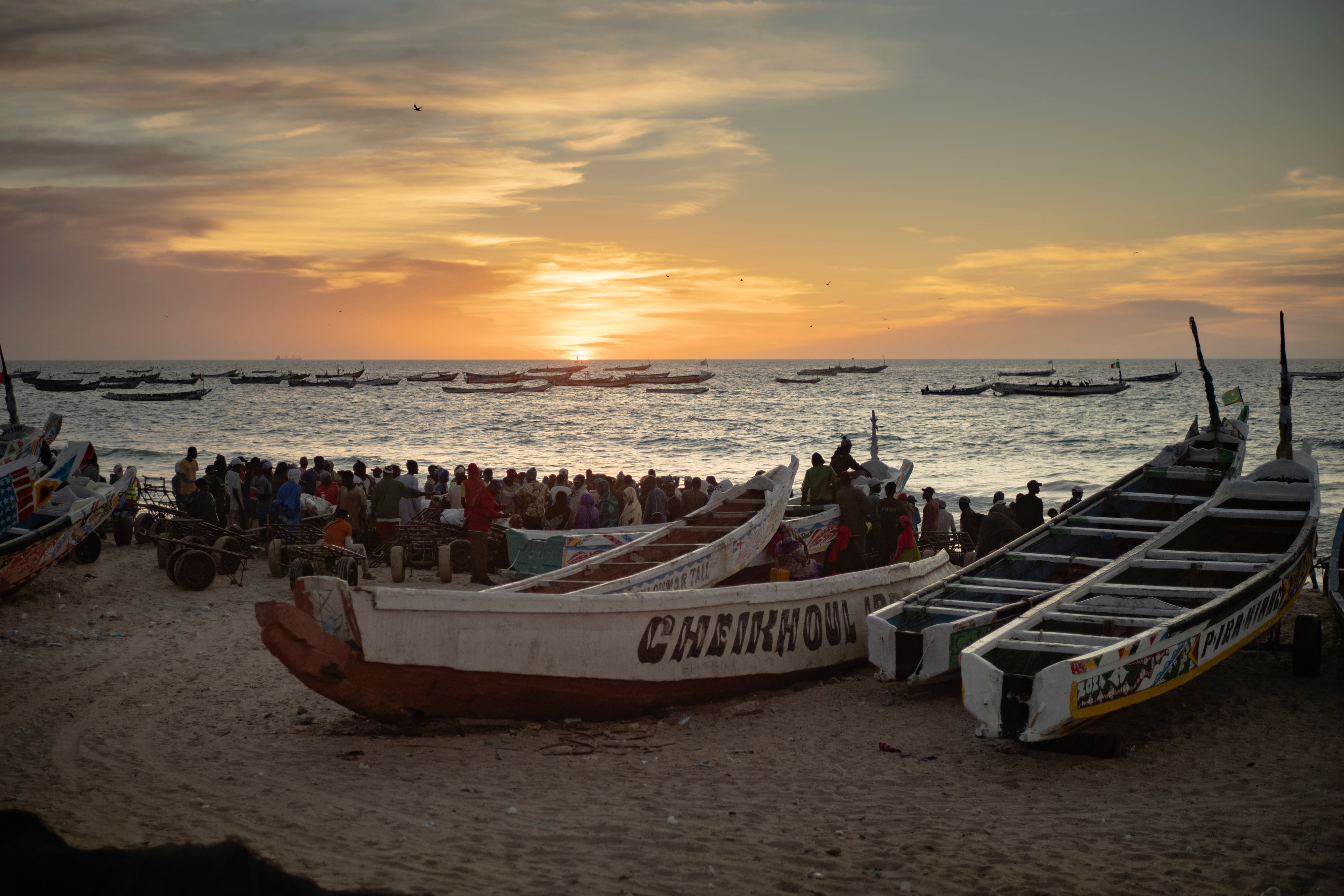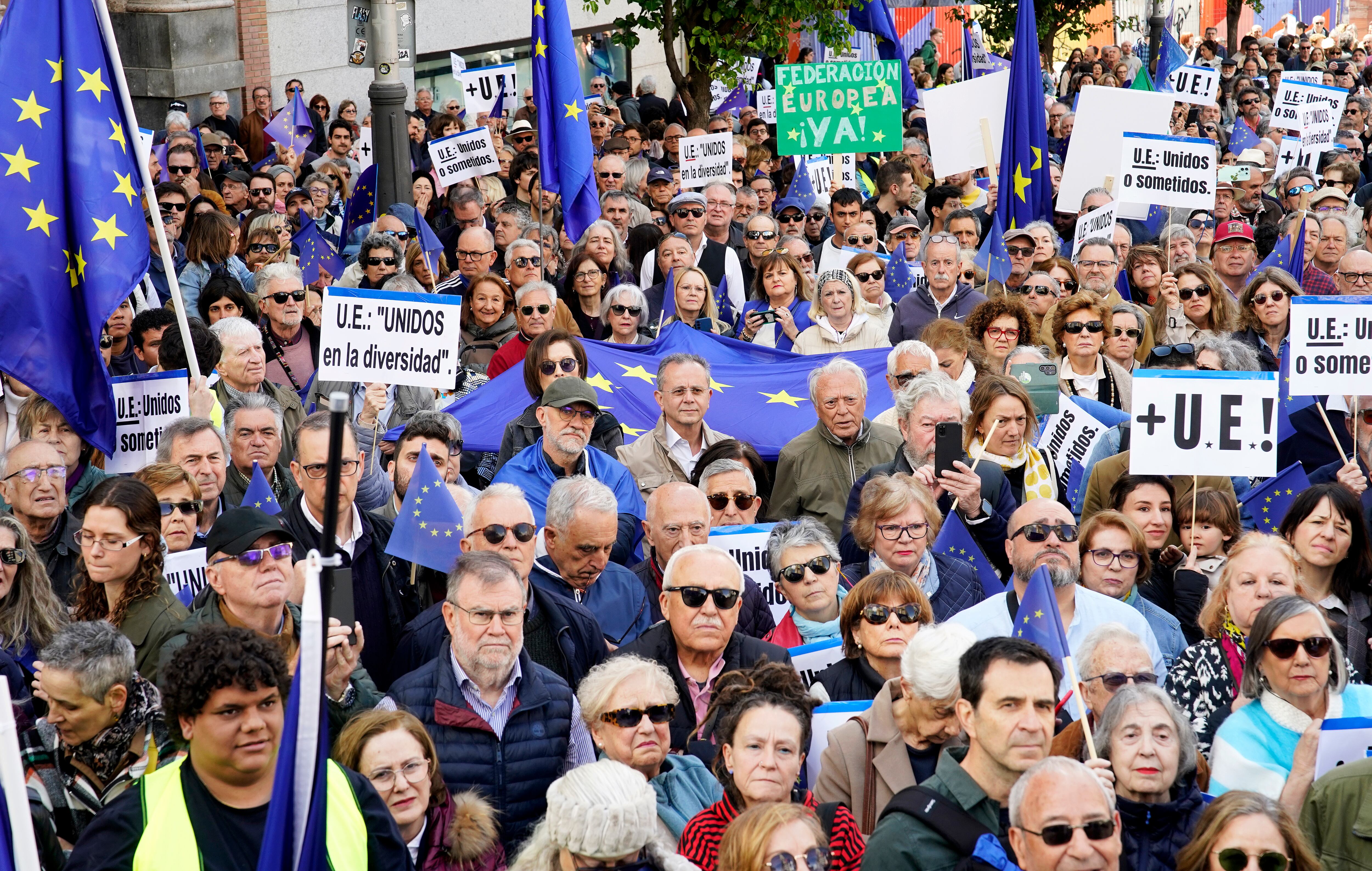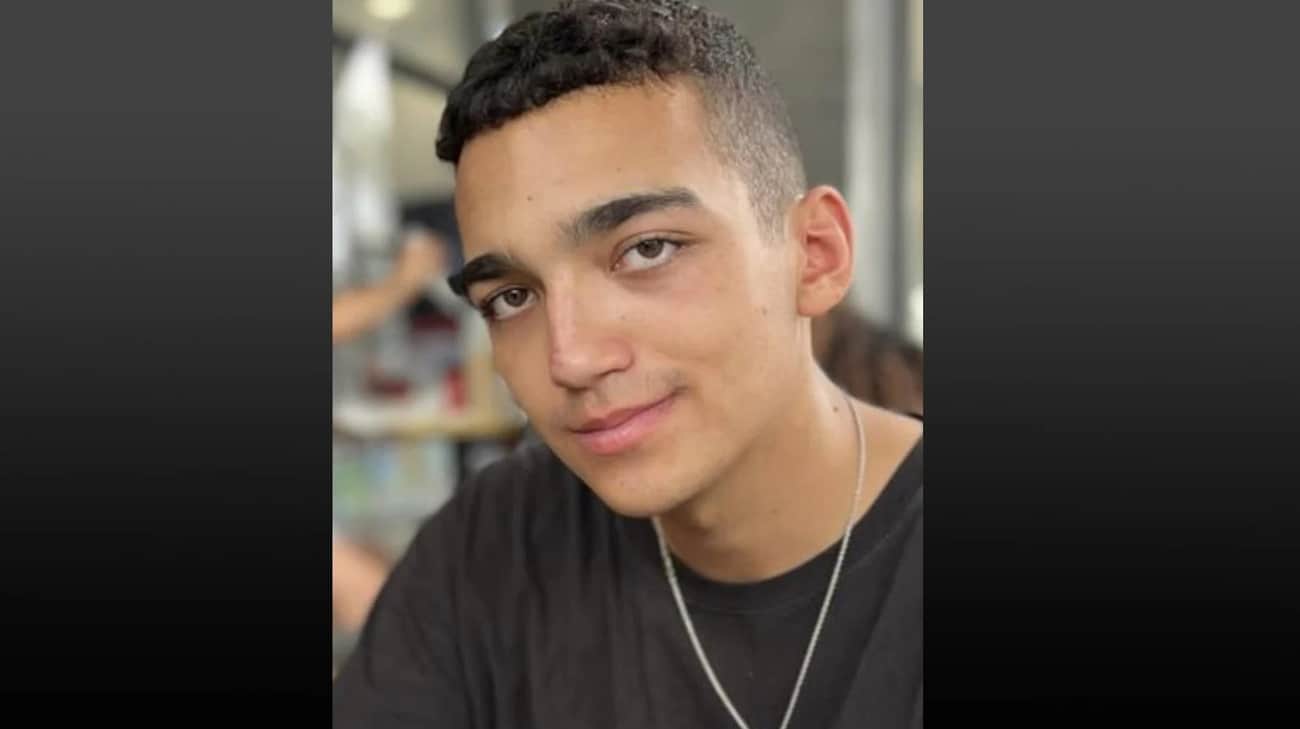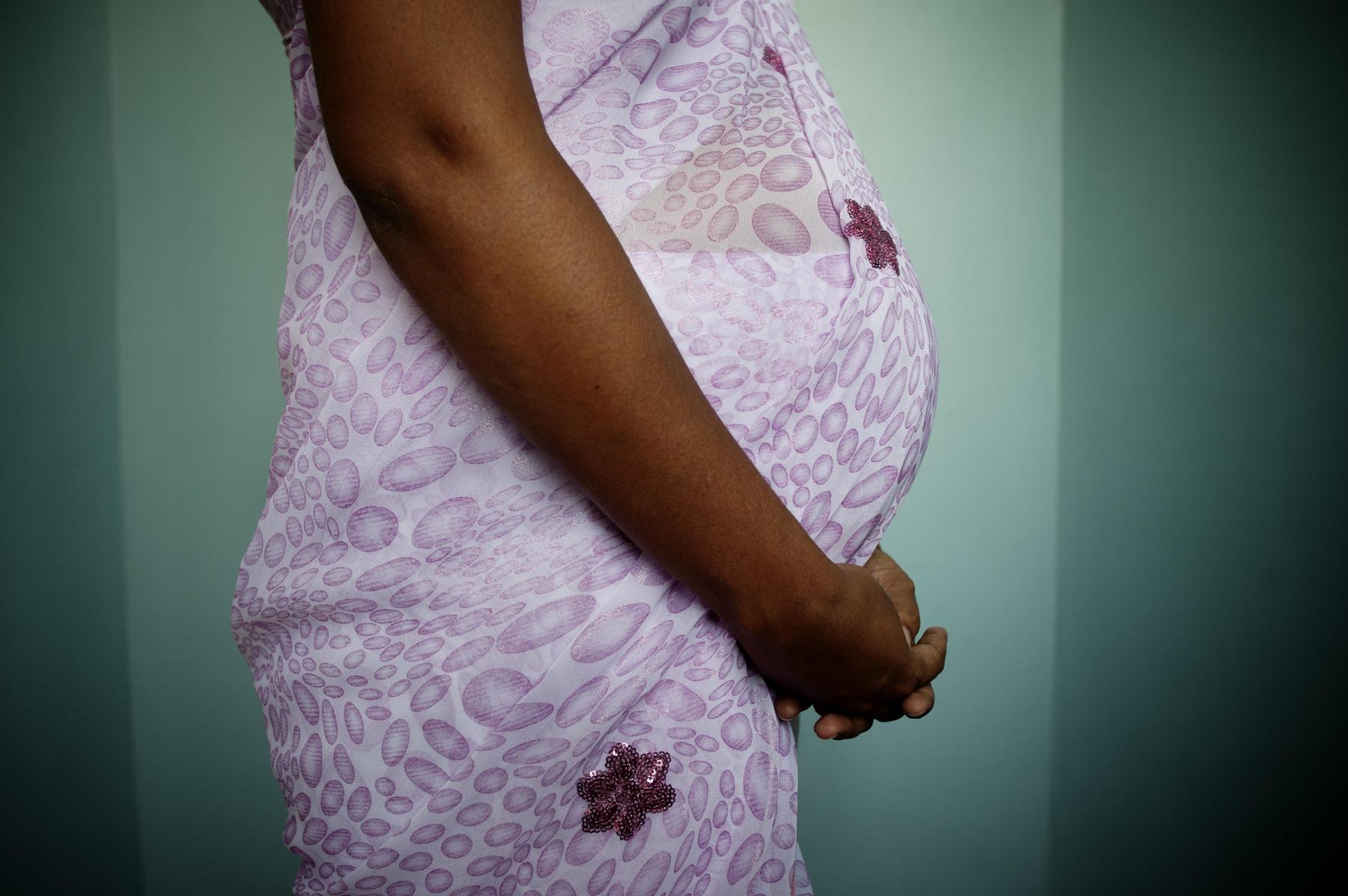Mauritania intercepts 30,000 migrants and dismantles 80 traffic networks in four months | Spain

As countries like Libya, Tunisia or Morocco have done before, the Mauritania government has begun to apply A hard hand policy regarding irregular emigration that is already felt. In the first four months of the year, the Mauritanian government has intercepted more than 30,000 migrants, according to government sources, of which thousands have been forcibly expelled and the rest remain in detention centers, it has dismantled about 80 irregular emigration networks, compared to 148 all last year, and has sent 119 people linked to this activity to prison. In those same four months until the Canary Islands have arrived 10,538 people by irregular sea, which represents a decrease of 33.8% compared to the same period of 2024.
At the end of 2023, Mauritania began to become the main exit point of Cayucos to the Canary Islands, Taking the relief of a Senegal that, after three years of instability, ended its political crisis in March 2024. At that time, vessels loaded with citizens of Mali, Senegal, Gambia, Guinea and even Asian countries such as Bangladesh or Pakistan went virtually daily from the Mauritanian cities of Nuadibú and Nuakchot, which in good extent explains that in good extent 2024 almost 47,000 people arrive at the Canary Islands, the year with more arrivals in its history. The lack of means of surveillance and police corruption facilitated the explosion of an immense business that many benefited.
Aware of this, the Spanish authorities, and from their hand the European, redoubled their cooperation efforts. The Spanish president, Pedro Sánchez, visited the country twice in 2024. The first in February, together with the president of the European Commission, Úrsula von der Leyen, to announce a joint investment of more than 500 million euros, and the second in August to promise roads of legal emigration and training projects for their young people. The Mauritan authorities said they did what they could to stop the flow of Cayucos to the Canary Islands, but sources from the security sector revealed that they could do much more and that members of the police forces themselves were involved in this business.
Eight months after Sánchez’s last visit, the situation has changed. Since the beginning of 2025, the Mauritanian government has intensified the controls to request documentation, both on roads and in the main cities. As a consequence, in Nuakchotcapital of the country, migrants are less and less visible. In this period, the Government has arrested about 30,000 who were in an irregular situation in this country or that had crossed the border by non -enabled places, according to government sources. For this they have been enabled Detention centers in hangars and stores for security forces. The intention of the government is to expel them, which occurs with Africans through the land border with Mali and Senegal and with Asians through expulsion flights, according to the same sources.
Interior Minister Mohamed Ahmed Mohamed Lemine, said last week in a parliamentary session that these irregular migrants are welcomed « in centers endowed with services such as food, water, electricity and sanitary facilities » where their rights are respected and that their expulsion processes are carried out « according to international conventions, to national sovereignty and international obligations in terms of human rights. » The head of Interior added that « our country, like everyone else, has every right to regulate and control the circulation of foreigners in their territory, a right that is increasingly important taking into account the growing number of migrants who enter irregularly in our territory. » These expulsions do not affect those who have the statute of refugee, some 300,000 people, mostly Malienses.
However, not everyone thinks the same. Last March, the Foreign Minister of SenegalYacine Fall, denounced « an inhuman treatment » suffered by its citizens expelled from Mauritania and announced the opening of negotiations with the authorities of this country to clarify the conditions of these returns. In fact, the Senegalese government has begun to reject the expulsions of citizens of Gambia and Guinea through the border post of Rosso, which is negotiated at this time between the two executives. Human Rights Associations have also raised the voice to denounce cases of ill -treatment and violence during the process. At the end of March, the Mali government expressed its « indignation » for the treatment received by its citizens. The Minister of Malians abroad, Mossa Ag Attaher, said at a press conference that some 1,800 citizens of this country had been expelled from Mauritania « in recent weeks. »
On April 10, a Mauritanian delegation headed by its Minister of Foreign Affairs, Mohamed Salem Ould Merzoug, traveled to Mali to explain to the authorities of this country the new immigration control measures. During his appearance in Bamako, he explained that in 2024 500 corpses of young Africans were located near the coasts and that in 2025 they were already a hundred, “a human tragedy that we have to fight together,” he said. In recent months, dozens of bodies were found on the beach of La Gúera, in the south of the Western Saharavery close to Nuadibú.
In addition to the detention and expulsion of migrants, Mauritania has intensified its fight against those who organize the outputs of Cayucos. According to the head of Interior in Parliament, the Gendarmerie has dismantled about 80 networks and has sent 119 people since the beginning of the year. Among the detainees are some members of the security forces that participated in the business: a month ago, a gendarme and a policeman -based police were identified for charging money in exchange for letting people into the country without documentation.








